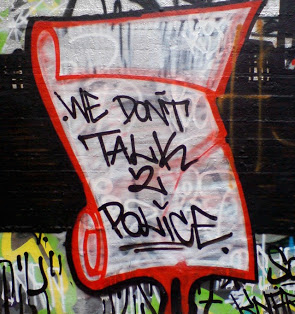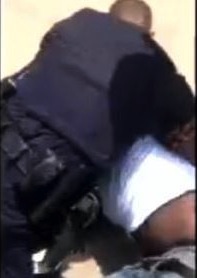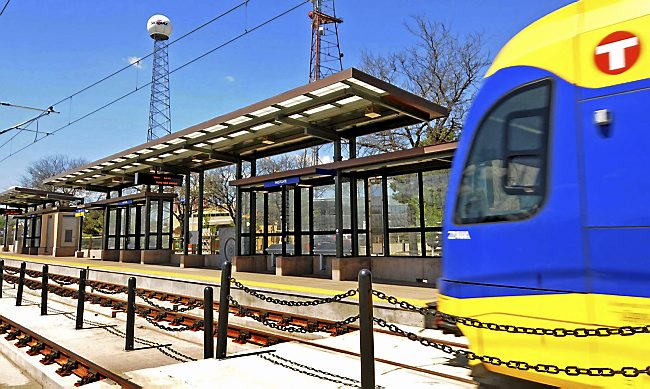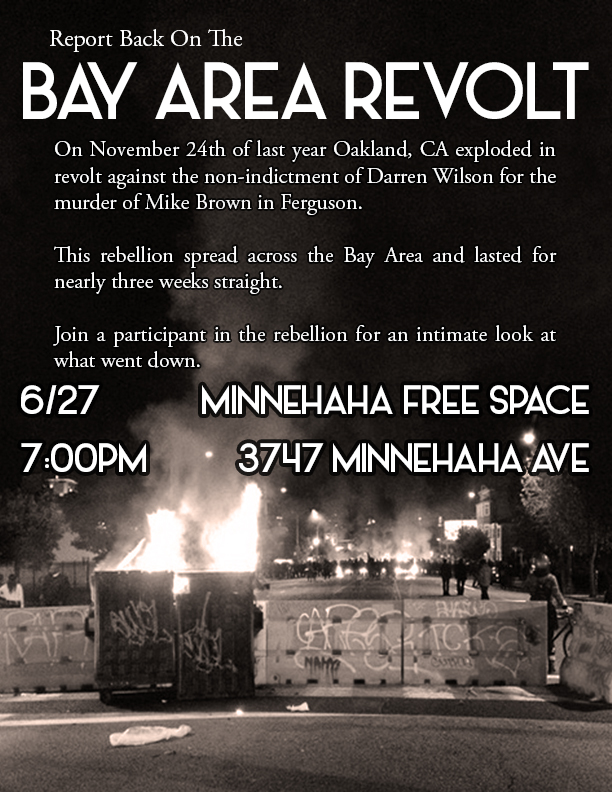 This week, citizens across the country will come together once again for National Night Out, an annual event held on the first Tuesday of August, which aims to bring people together with law enforcement in order to strengthen police relations, and boost crime-fighting efforts. According to CBS, Minnesota leads the nation in participation, and Minneapolis was ranked #1 out of the whole country last year. This year, there are over one thousand events in Minneapolis and several hundred in St. Paul.
This week, citizens across the country will come together once again for National Night Out, an annual event held on the first Tuesday of August, which aims to bring people together with law enforcement in order to strengthen police relations, and boost crime-fighting efforts. According to CBS, Minnesota leads the nation in participation, and Minneapolis was ranked #1 out of the whole country last year. This year, there are over one thousand events in Minneapolis and several hundred in St. Paul.
While getting to know one’s neighbors and organizing together usually garners praise amongst anti-authoritarians as well as the left, this form is being used by law enforcement as a policing operation. Neighborhoods aren’t organizing here for a rent strike or to obstruct police activity, but to augment existing police departments to better preserve law and order. This strategy of “community policing” sounds pleasant, and is even called for by many activists in response to what they see as strained relations between people and the cops, which is where police brutality supposedly stems from. But “community policing” is actually a key component of counter-insurgency. For those of us who see not only police brutality, not only the police, but policing itself as fundamentally oppressive, it’s clear that National Night Out has got to go.
Not only do cops attend various National Night Out events in order to improve relations, but citizens are also encouraged—usually with the help of neighborhood associations—to form their own citizen crime-fighting initiatives. The most popular of these being neighborhood watch groups, like the one George Zimmerman was a part of when he murdered Trayvon Martin in Florida. It’s not so surprising then, that after Zimmerman’s acquittal, people took their rage to the cops. Regardless of whether he wore a badge, he was working on behalf of law and order.
As time passes, as the streets of the United States are lit ablaze again and again with rioting, those who prefer things as they are often find themselves taking an active role in maintaining this. Whether it was waiters in Oakland who stood guard outside their bosses’ businesses during the revolt against Zimmerman’s acquittal, or bar patrons in Baltimore who felt the need to confront marchers in the streets. Those who wish to preserve the social order as it is—white supremacist, patriarchal, capitalist—are organizing as a counter-insurgent force that supplements all the shortcomings of state-sponsored law-enforcement.
There is nothing inherent about neighborhood organizing being a project of policing. There is hardly more than a difference of intention between organizing to prevent anarchy as there is organizing to spread anarchy. Neighborhood assemblies have been a classic feature of uprisings all over the world, and this is certainly not a denunciation of the tactic.
Many National Night Out events will happen in every neighborhood. You can find the full lists above for Minneapolis and St. Paul, or search your own city or neighborhood for elsewhere. These events must be disrupted, and policing in general even more so. If anything, use the day, or any day for that matter, as a day to organize with your own neighbors against the police. National Night Out encourages citizens to take the initiative all year round, we must do so as well.



